In the second of a four-part series, Lumaro Group Managing Director Glenn May-Anderson discusses Owned Media, and how to make sure you have full control of your digital presence.

“What do you mean, Instagram’s down?!?“
Here I was, all prepared to write about Paid Media as the second subject in this series. And then, Facebook and Instagram had a teeny-tiny little problem yesterday, which made me re-think the order in which to present our thoughts on Paid, Owned, and Earned Media.
One of the things that most surprises us when we speak with businesses, non-profits, and community groups is the lack of understanding when it comes to what Owned Media really is. We’re talking about intelligent, motivated people, who have willingly trusted their digital presence to others, yet (apparently) haven’t received at least a basic education on the subject. Perhaps it’s because everyone just assumes Owned Media is just that – anything you own, such as your website, Twitter account, Facebook Page, Instagram feed, etc.
Except, as the events of yesterday proved, you don’t really own your social media presence, do you?
So, allow me to introduce a fourth category we have here at Lumaro: Platform Media.
Platform Media is any media that you don’t have to pay for, through which you can create and (for the most part) control your brand, message, and other information – but for which you don’t own or control the platform on which it is delivered.

“No, Becky…If the Internet is down, it means I’m losing my will to live.“
Here’s a real-world parallel: If you own your own store, or office building, then you are responsible for maintenance, the heating system, renovations, etc. You can hire other people to do that work for you, but you are still responsible for it. But, if your internet or your telephone goes out of service because of an issue at your ISP or at the phone company, there’s nothing you can do to fix it – you have to simply sit and wait until that service provider solves the problem.
Which means that yesterday, for a period of about 14 hours (and still counting in some areas, apparently), there were businesses and organizations whose primary digital presence – their Facebook Page – was not accessible/fully functional. There were Instagram Influencers (people paid to represent a product or service on their Instagram feed) who weren’t able to deliver on their commitments.

“I don’t know, Bob – I think they’re actually talking to each other.”
This should be a giant wake-up call for anyone who exclusively uses Platform Media for their digital presence. It also won’t help to stifle the recent calls to break up Facebook and other companies because of their size and market dominance.
Owned Media, in our minds, is just that – any media or information delivery mechanism that you fully own and control.
Which brings us to another critical question: If you do, in fact, have your own website, do you own it? Do you really own your website, or do you just think you do? Because, if you’re using a website-building tool “powered by” your hosting provider, or if you are using a cloud-based website building and hosting service like Wix or Squarespace or the GoDaddy Website Builder or some other “builder” type of service, you may own your domain name, but you don’t own your website.
The business model for companies like this are Software as a Service (Saas), which means (a) it ties you to their service, because you can’t export “your” website and move it to another host or provider, and also means (b) if you stop paying for / using their service, you can kiss your website goodbye. (Let’s not even get in to using a “free” template on these types of services; “free” means allowing them to run ads on your website for which you can neither control the content, nor reap any financial benefits).
Owning your website also means you have all the passwords and ability to access the hosting accounts, code, domain registrar, code, templates, and other software loaded on the server you pay for – even if it’s just written down on a piece of paper somewhere and contains a bunch of things on it you don’t understand. If nothing else, you want the ability to give that piece of paper to the next person who may help manage your digital profile for you.

This could take a while.
I have a friend who paid someone to build a website for her business a few years ago. Problem is, that person no longer builds or maintains websites and has moved on to another career. To make matters worse, neither my friend nor the person who built her website have the passwords, login information, or even the name of the hosting provider written down anywhere they can find.
Yes, we can untangle it for her (and I’m meeting with her next week to discuss that very thing), but she’s frustrated that she spent the money to build the site a few years ago, and now may be facing a situation where she has to start over again mostly from scratch. Imagine buying your own building, making it look exactly the way you want it to, and then giving the keys to someone else to manage the building for you without keeping another set of keys for yourself.
We won’t know how much is salvageable until we can get “under the hood,” but first we may have to spend some significant time and effort “changing the locks.”
“But wait,” I can hear some of you say. “What if your hosting company goes down? There’s proof you don’t even own your website if you build it via code or WordPress or some other mechanism!” Nope. You can own your building or store, and the power can go out, yes – but you know the power is going to come back on, and when it does, everything will go back to normal. Plus, you (should always) have a backup of your website – something you can’t do with SaaS providers.

Remember, Apple started in a garage. But they owned the garage.
By the way, we’re not suggesting that using SaaS website builders / providers is a bad idea. We just think you should understand exactly what you are getting (and not getting) when you use those services. Depending on where you are in the life cycle of your business or organization and what your communications needs are they might be the perfect thing for you to consider, especially as a temporary solution while you are starting your business.
However, in the long run, if you’re serious about your business we believe your eventual goal should always be to fully own your website. Not only that, it should be where you try to send everyone to learn more about you via your other marketing efforts on traditional and Social media.
We’ll move on to discussing Paid Media in our next article. In the meantime, you can go catch up on all the Facebook and Instagram stuff you missed yesterday.
– Glenn May-Anderson is a Managing Director of Lumaro Group
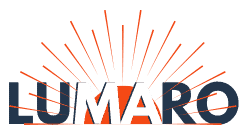
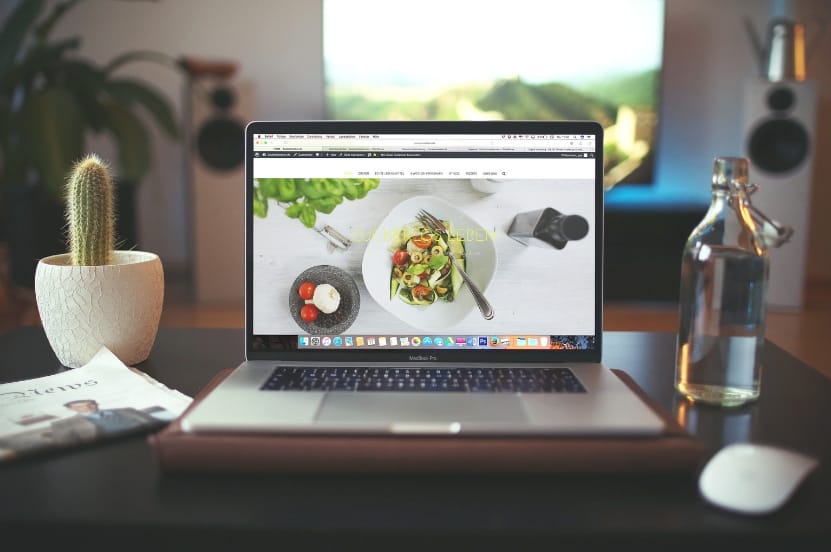
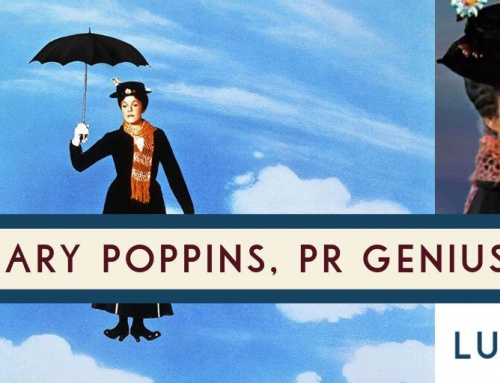
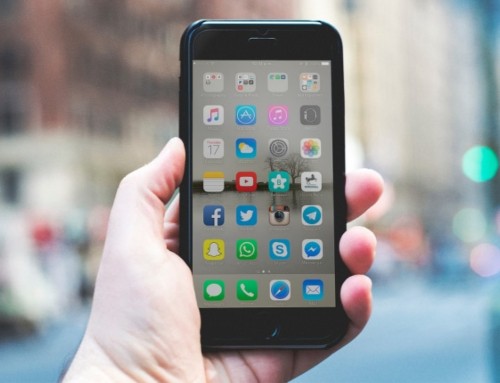

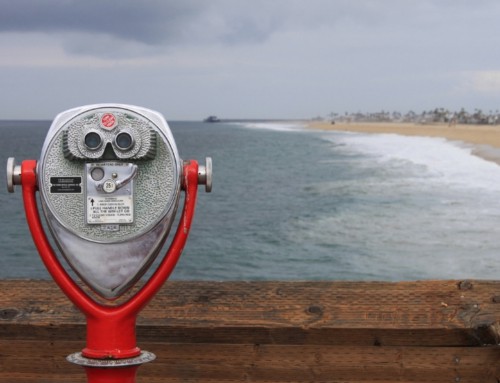
Leave A Comment